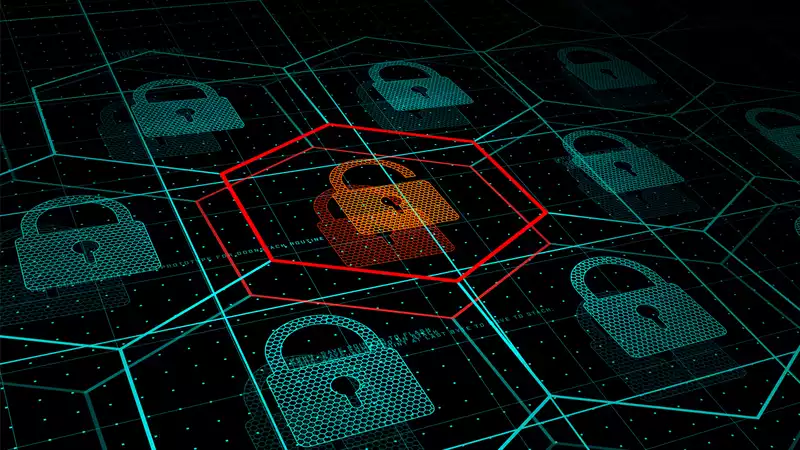Online gaming is a serious business for many Some players gain an advantage in the game, such as inciting distributed denial-of-service (DDoS) attacks on the Internet that temporarily cripple rival computers
The best VPN providers offer solutions that act as barriers to this type of attack By using a gaming VPN, you can completely avoid the effects of DDoS attacks
A DDoS attack is a malicious attempt to destroy a network of remote computers In the context of the game, the opposing team can use DDoS attacks to slow down the connection between the network and the game server
If you do not have reliable access to the game server, there may be lags, delays, or dropouts This gives the other team an advantage In many cases, cooperative DDoS attacks mean that you have no access to your game server at all and are completely eliminated from your competitors
DDoS attacks work by overloading the network or surrounding infrastructure with Internet traffic Although a single source denial of service attack exists, traffic from 1 source on the Internet does not have much impact on network performance DDoS attacks are nasty because they send a flood of traffic from multiple locations at once
In many cases, DDoS attacks come from compromised computers or devices infected with malware Here the malicious actor simply sends a single instruction to thousands of "bots" in the "botnet", which targets a large amount of Internet traffic with an IP address, overloads the network and prevents it from functioning properly in the game
DDoS attacks have many consequences, not just for gamers Multiple mitigation strategies have emerged as companies, governments, and military operations have all been targeted by DDoS attacks
Most of these strategies require additional firewalls between your network and the InternetIt tries to intelligently check which traffic is real and which traffic should be sent to the virtual black hole
Others limit the number of connections each remote computer can make and effectively slow down the service for everyone, but ensure that true visitors still have access to the network when a DDoS attack occurs
Another strategy is to spread incoming traffic to a network of distributed servers so that the traffic surge does not overwhelm a single server1 Companies often use cloud-based DDoS protection, such as CloudFlare, which provides a buffer between the network and the Internet
These strategies may work for large companies and governments, but they are not practical for most gamers To avoid DDoS attacks in your game, you can consider using a VPN
To understand how a VPN protects against DDoS attacks, first understand that when you're playing online games, you're connecting to the Internet from a unique IP address In many games, it's easy for other players to see your IP address Then they direct a DDoS attack at this address
When using a VPN, the actual IP address is hidden The hacker will look at the IP address of the VPN server instead You can attack the IP address of your VPN server if you want, but secure VPNs have extensive DDoS protection, so attacks don't degrade network performance
DDoS attacks are malicious attempts to cause network disruption In the case of games, they'll knock you out of the game server or overload your home network with Internet traffic
Firewalls can help you avoid DDoS attacks However, if you experience a persistent DDoS attack, consider using a VPN service When you use a VPN, your real IP address is masked from other IP addresses, and DDoS attacks are sent to your VPN provider instead Many VPN providers for gamers typically have good DDoS protection, so you should be able to continue your game undisturbed










Comments